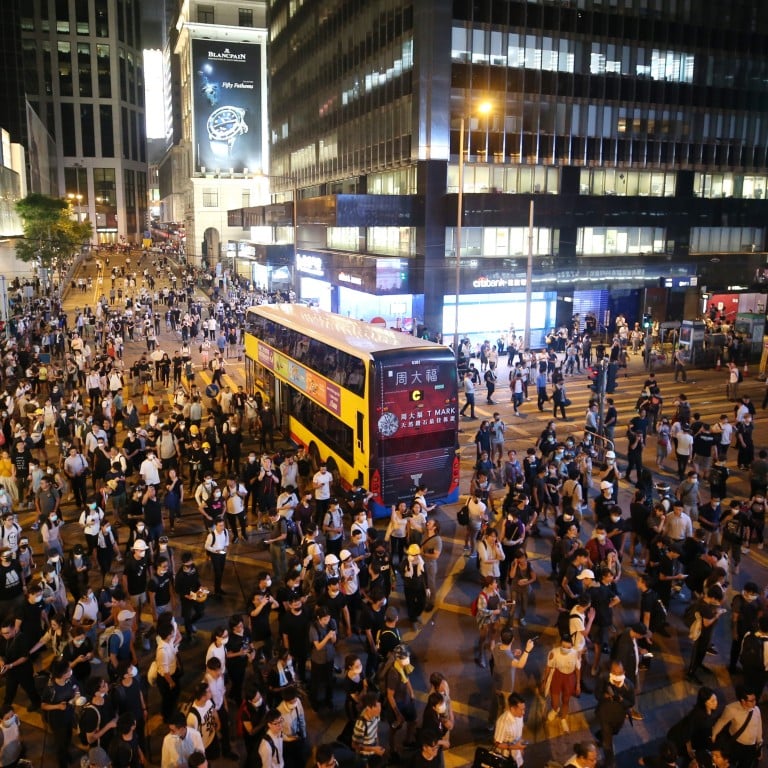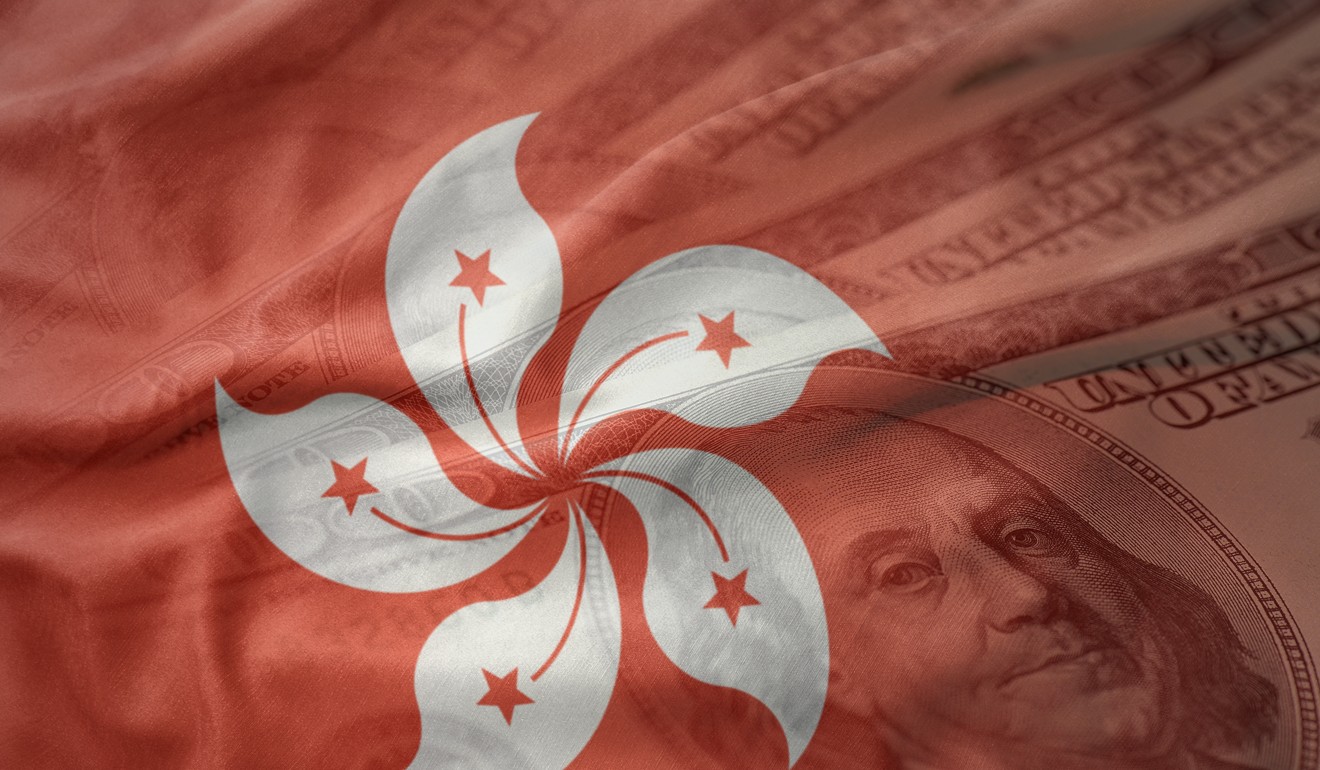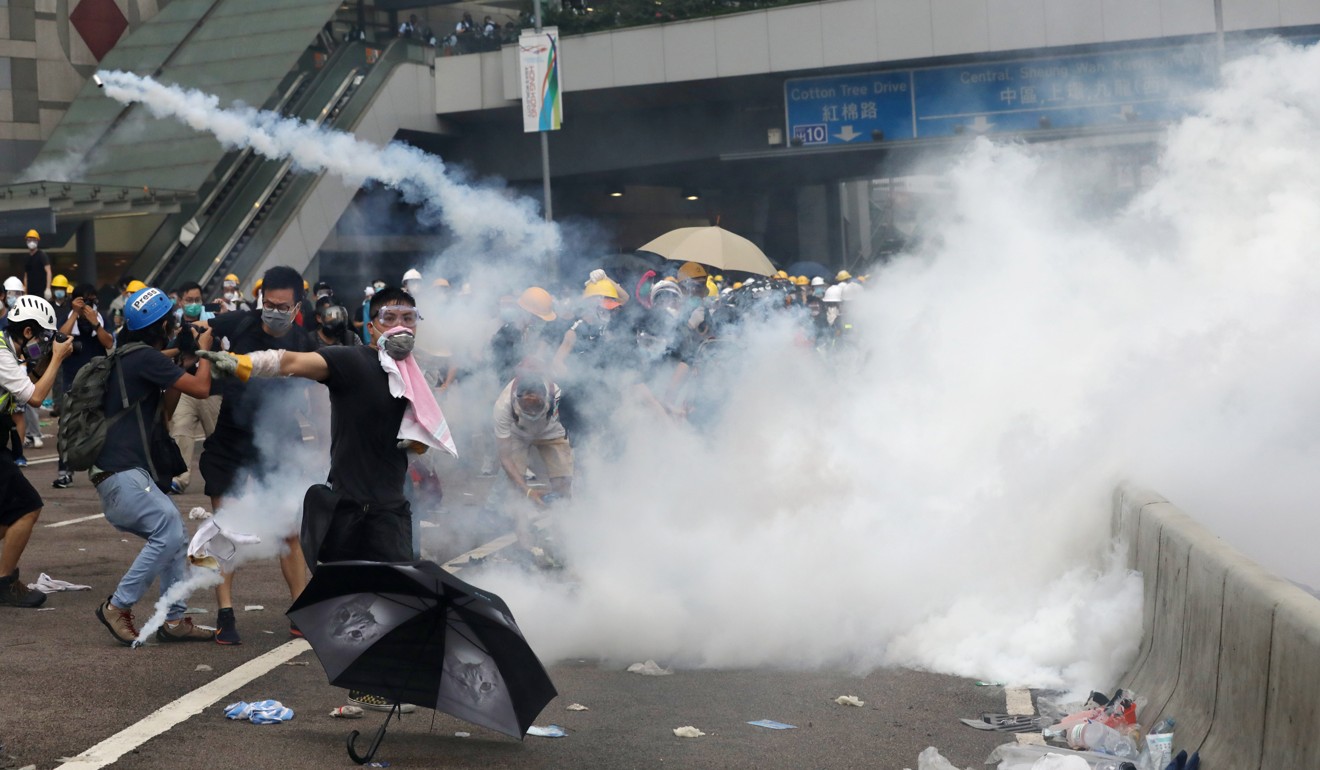
Hong Kong extradition protests: ‘one country, two systems’ is good for business – and for Beijing
- Never mind the naysayers, there are reasons to be optimistic about Hong Kong’s future as the locus of choice for international business in East Asia
- Not least of them is that its special status allows Beijing to do all the trade-related things it cannot or will not do for itself, writes Tom Holland
Demonstrations, tear gas and rubber bullets on the streets. You can see why the business community is in a flap. At first glance the events of the last week in Hong Kong look like a bad day in Belfast circa 1989.
And to cap it all, in the last few weeks Hong Kong’s short-term interest rates have swung from a deep discount to US dollar rates to a small premium; evidence, as some would have it, that money is haemorrhaging out of the city in search of a safe haven elsewhere.
Blame naive Lam, not Beijing, for Hong Kong’s extradition law mess
The fears of the business community are understandable. Recent events do undermine Hong Kong’s attractiveness – at the margin. In other words, international corporations which had been proposing to make investments in Hong Kong will now be more inclined to consider other options.
But the city – although it feels increasingly beleaguered – is a long way from seeing the sort of full-scale flight of international capital that some fear. For now at least, Hong Kong’s position is secure.
To deal with immediate concerns first: the convergence of Hong Kong interest rates with US rates is nothing to worry about. It is true that since February Hong Kong’s local currency one-month Hibor interbank interest rate has climbed from a deep 1.6 percentage point discount to the equivalent US dollar rate to reach a small premium last week.
But much of that convergence can be explained away by calendar effects, as Hong Kong-based businesses scramble for cash to fluff up their balance sheets as the 30 June end-of-quarter reporting cut-off approaches.
There is every reason to expect local interest rates to revert to their customary discount to US rates come July. Only if Hong Kong dollar rates move to a sustained premium to US rates will we need to get concerned about sizeable capital outflows.
China’s wrong, the US can kill off Huawei. But here’s why it won’t
Hong Kong has always thrived by doing what mainland China cannot or will not do for itself. This goes all the way back to Hong Kong’s seizure by the British in the 1840s.
It was long the practice of European traders in Asia to grab convenient enclaves where they could establish the rule of law on their own terms, insulated from the whim of local potentates.

It is easy to condemn this practice from the moral high point of the 21st century. But the existence of such extraterritorial trading posts with predictable legal systems encouraged huge capital investments in international commerce. And their economic successes paved the way for the rule-based international trading system that has helped to create such enormous piles of wealth in Asia in recent decades.
Trade war: here are Beijing’s options – and not one looks any good
This benefits China at least as much as the rest of the world. A sizeable chunk of China’s foreign trade and investment is still conducted through Hong Kong intermediaries. Hong Kong’s capital markets raise billions of dollars in funding for Chinese companies that they could not get at home. And Hong Kong’s financial system provides Beijing with a convenient laboratory for cautiously internationalising its currency, the yuan.
In a nutshell, the Chinese government has a big incentive to maintain Hong Kong’s special status. Yes, Beijing will continue to squeeze its critics, further eroding both the city’s governance and its citizens’ freedoms. But for business, at least, it is in Beijing’s interests to conserve the broad status quo.

But inconveniences aside, no congressional review of the US-Hong Kong policy act, nor even White House executive action to suspend aspects of Hong Kong’s special treatment, will greatly jeopardise Hong Kong’s position so long as China wants to continue expanding its international economic engagement.
Trade war: financial markets are focused on the wrong risk
And if US-China tensions do freeze into a new economic cold war, Hong Kong will still manage to prosper, at least in relative terms. Even if the world fragments into two competing and incompatible trading and technological blocs, there will be lucrative opportunities for those able to arbitrage between the competing economic powers. All Hong Kong’s history suggests it will be the leading arbitrageur.
So, yes, rubber bullets on the streets of Hong Kong are a deeply worrying escalation. And it is perfectly understandable why so many are spooked by the Hong Kong’s government’s extradition bill. But despite some of the more breathless accounts, international businesses are not yet scrambling for the exit.
In troubled times, intermediaries are all the more important. And Hong Kong is still China’s prime intermediary. ■
Tom Holland is a former SCMP staff member who has been writing about Asian affairs for more than 25 years

